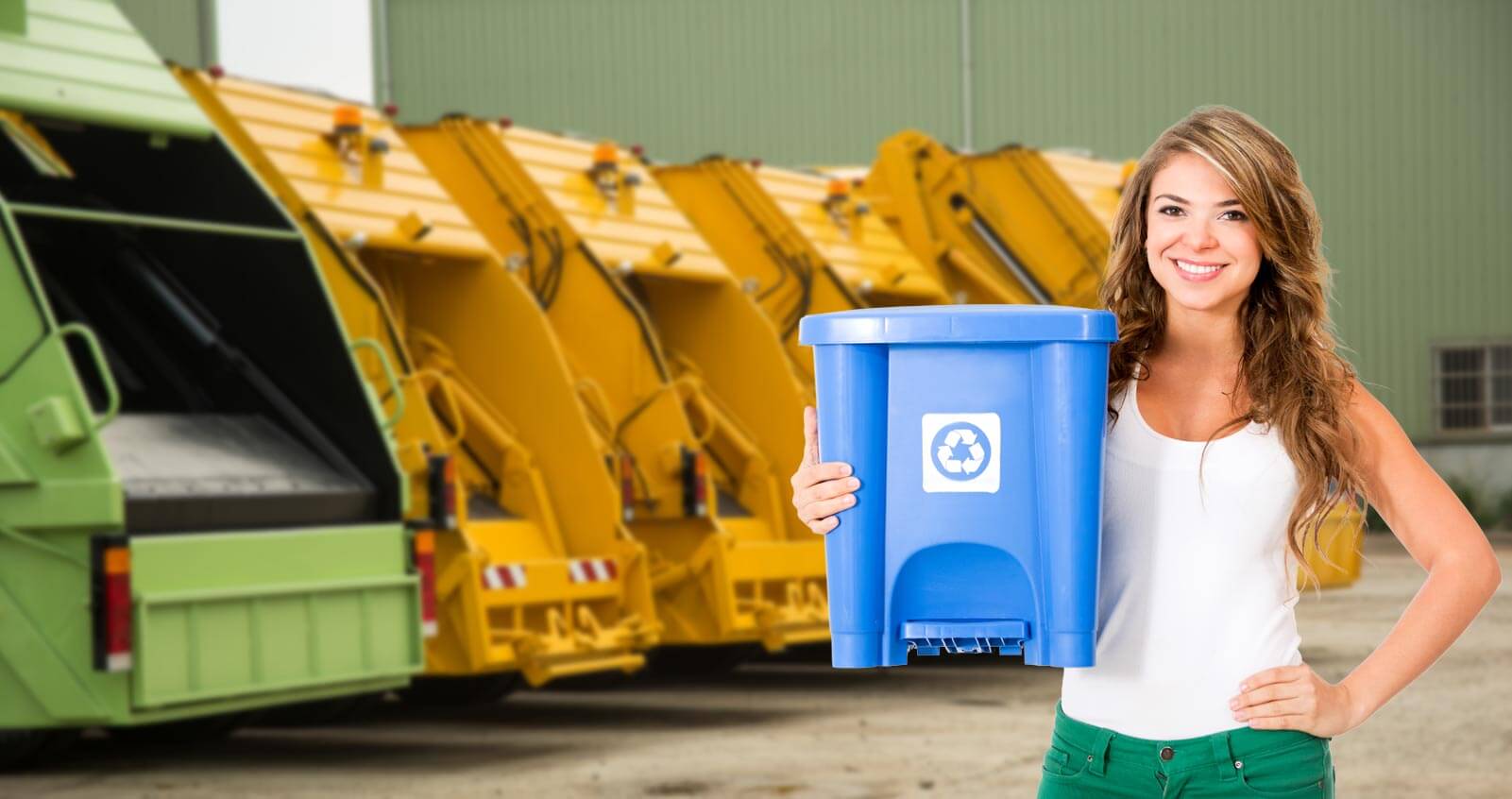Maximize Your Recycling Impact
Posted on 04/06/2025
Maximize Your Recycling Impact
Understanding the Importance of Recycling
Recycling is more than just separating your plastics from your papers; it's a comprehensive effort aimed at preserving our environment, conserving natural resources, and minimizing landfill waste. Recycling reduces the amount of waste sent to landfills, conserves natural resources such as timber, water, and minerals, and saves energy. By maximizing your recycling impact, you contribute significantly to a healthier planet.

Steps to Maximize Your Recycling Impact
1. Know What Can Be Recycled
Not all materials can be recycled, and putting the wrong items in the recycling bin can contaminate the entire batch. Common recyclables include paper, cardboard, glass bottles, aluminum cans, and certain plastics. Check with your local recycling program for specific guidelines on what can be recycled in your area.
2. Clean and Dry Your Recyclables
Contaminants like food residue can spoil recyclable materials. Always rinse out containers and ensure they are completely dry before placing them in the recycling bin. This precaution helps maintain the quality of recyclable materials and ensures they can be processed efficiently.
3. Avoid Plastic Bags
Plastic bags can clog recycling machines and are generally not accepted in curbside recycling programs. Instead, collect your recyclables in a sturdy bin and use designated drop-off points for plastic bags if necessary.
4. Recycle Electronics and Batteries Properly
Electronics and batteries contain hazardous materials and should never be tossed in regular recycling bins. Many communities offer special e-waste recycling programs or events where you can safely dispose of these items.
5. Compost Organic Waste
Organic waste like food scraps and yard waste can be composted rather than sent to a landfill. Composting reduces methane emissions from landfills and creates valuable fertilizer for your garden.
Additional Tips to Enhance Your Recycling Efforts
Buy Recycled Products
Purchasing products made from recycled materials supports the recycling industry and closes the loop on the recycling process.
Educate and Advocate
Educate your family, friends, and community about the benefits of recycling and how to do it correctly. Advocacy can lead to better recycling programs and more environmentally friendly policies.
Minimize Waste
Reducing your consumption and reusing items where possible can significantly decrease the amount of waste you produce. This, in turn, reduces the burden on recycling systems.
Participate in Community Programs
Many communities offer special recycling programs and events, such as household hazardous waste collection and bulky item disposal days. Take advantage of these programs to ensure your waste is disposed of properly.
Pros and Cons of Recycling
Pros:
- Reduces landfill waste and conserves natural resources.
- Saves energy and reduces greenhouse gas emissions.
- Creates jobs and supports the economy.
- Encourages sustainable practices and environmental stewardship.
Cons:
- Not all materials can be recycled, leading to contamination.
- Recycling programs can be confusing or inaccessible for some.
- Processing and transportation can still have environmental impacts.
- Initial costs for community recycling programs can be high.

Takeaways
- Understanding and following local recycling guidelines is crucial.
- Cleaning and properly sorting recyclables can maximize their effectiveness.
- Composting and electronic waste programs add significant environmental benefits.
- Advocacy and education are key to improving community recycling efforts.
Conclusion
Maximizing your recycling impact is about more than just putting the right items in the right bins; it's about being informed, making conscientious choices, and actively participating in community efforts. From understanding what can be recycled, to correctly preparing your recyclables, to advocating for better policies, every action counts. By taking these steps, you can help create a more sustainable future for generations to come. Start today and be a part of the change that benefits both the environment and society.




